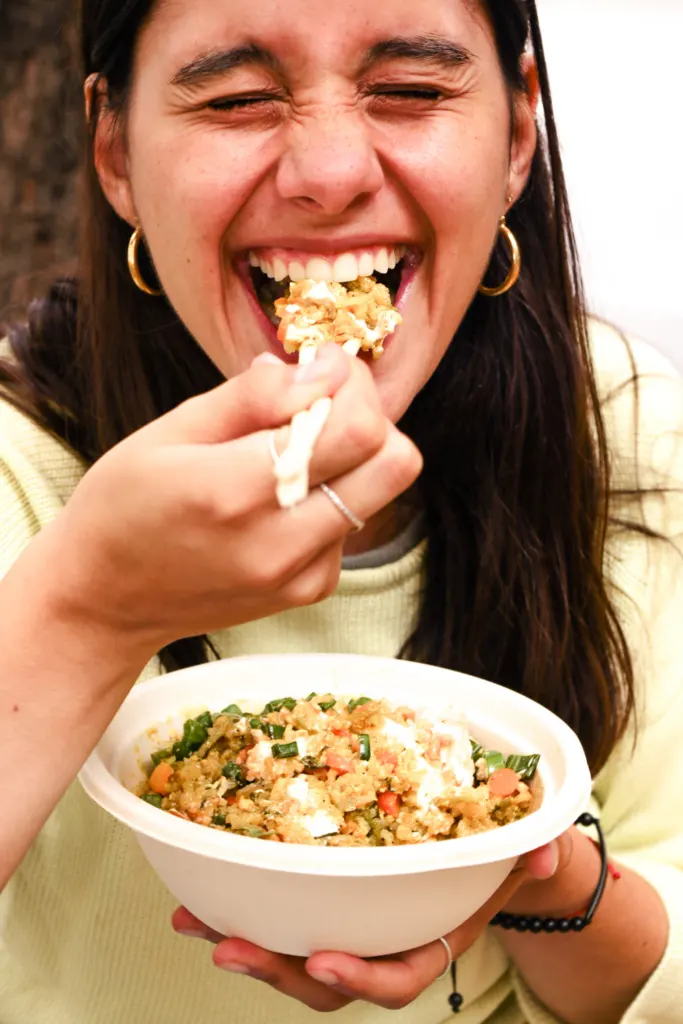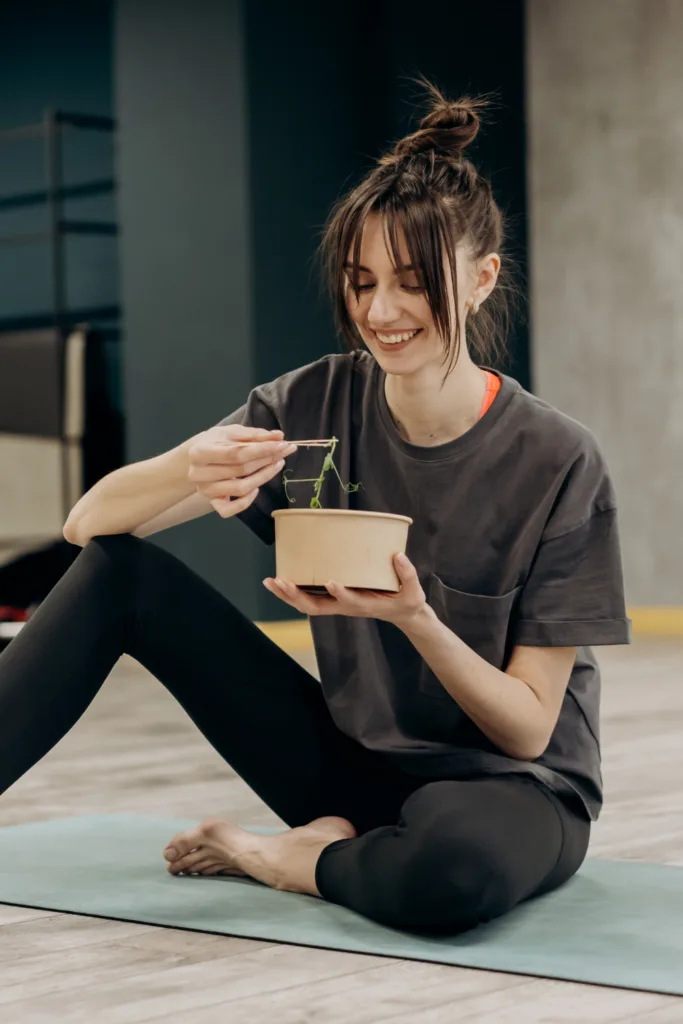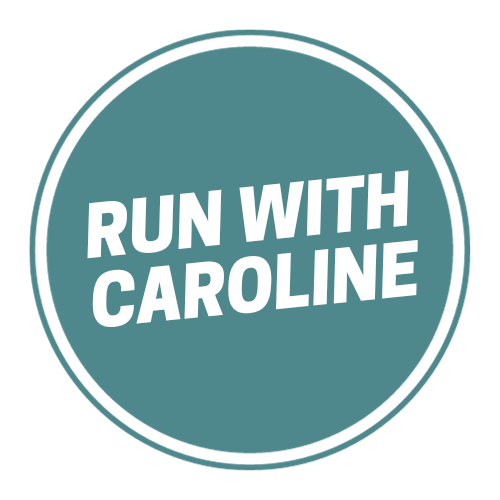Looking to lose weight? You may be wondering: “Do zero calorie foods exist?”
You may already be aware of low calorie foods or low calorie snacks if you’ve started your weight loss journey.
Low calorie foods can be paired with high calorie foods as part of a healthy, balanced weight loss plan.
So where does this leave zero calorie foods?
Zero calorie foods are actually food and drink items that contain very few calories.
The truth is every food item contains a certain amount of calories – only water is truly calorie-free.
Despite what the weight loss industry tries to tell you, zero calorie foods are a myth.
So what exactly are zero calorie foods? How many calories do you need to consume to stay healthy and what happens if you only eat zero calorie foods?
In this guide we’ll look at:
- What are zero calorie foods?
- How many calories do you need to consume to maintain a healthy weight?
- How many calories do you need to burn to lose weight?
- What happens if you only eat zero calorie foods?
- 37 zero calorie foods
Ready?
Let’s get started!

What are zero calorie foods?
Zero calorie foods is a misleading term as all foods contain a certain amount of calories.
The only true zero calorie food and drink item is water.
For the purposes of this guide, zero calorie foods are food and drink items that contain very few calories.
Calories are used to measure the amount of energy in a food or drink item.
A kilocalorie is another word for what’s commonly referred to as a calorie, so 1,000 calories will be written as 1,000 kcals.
Kilojoules are the metric measurement of calories. One calorie is equivalent to 4.2 kilojoules (kJ).
Kilojoules are the unit used to measure how much energy people get from eating food and drink.
Our bodies require energy to keep us alive and keep our organs functioning.
This energy is also used to power all the functions within your body, such as breathing, digestion, building and fuelling cells and daily movement.
The kilojoule content of foods depends on a variety of factors.
These include the amount of carbohydrates, fats and protein present in the food, as well as portion size.
Typically, fruits, vegetables and legumes have a lower calorie content.
Related: Do you burn more calories on your period? Your common questions answered
How many calories do you need to consume to maintain a healthy weight?
An average man needs around 2,500 kcal (10,500 kJ) a day to maintain a healthy weight.
Whereas an average woman needs around 2,000 kcal (8,4000 kJ) a day.
The exact number of calories you need to consume to maintain a healthy weight will depend on a number of factors.
These include your age, gender, weight, lifestyle and activity levels.
What’s important is that you eat a healthy, balanced diet and don’t restrict your eating to include only zero calorie foods.
Foods high in healthy fats are much higher in calories than foods like fruits and vegetables but still very nutritious.
Related: When does period weight go away? All your questions answered

How many calories do you need to burn to lose weight?
You need to be eating fewer calories than you burn each day to lose weight.
This is commonly referred to as a calorie deficit.
Of course, your calorie needs will vary depending on your age, gender, weight, height and activity levels.
Research tells us that you need to reduce your calorie intake by about 500 to 700 calories below your baseline to lose weight.
If you can eat 500 fewer calories every day, you should lose about a pound (450 g) a week.
So if your daily calorie intake is 2,600 calories, and you reduce your calorie intake by 500 calories, you should eat around 2,100 calories per day to see results.
The key is to reduce your calorie intake in a balanced way, which means avoiding significant drops in your daily calorie intake.
Related: Walking 4 miles a day: Is it good for weight loss?
What happens if you only eat zero calorie foods?
Only eating zero calorie foods is possible.
However it is not recommended as your body needs calories to maintain your body temperature and fuel any kind of movement.
If you eat only zero calorie foods, your body would effectively slow down and be constantly tired, cold and hungry.
There is also the risk of malnutrition in diets consisting of zero calories or very few calories.
Studies tell us that very low calorie diets (defined as programs that allow fewer than 800 calories per day) have been found to be effective in the short term but only under medical supervision.
In the long term, individuals following a very low calorie diet find it difficult to lose weight and often experience weight regain following the diet.
It is recommended that you consume at least 1,200 to 1,500 calories each day to avoid slowing down your metabolism completely.
Related: The best HIIT running workouts to do today to lose weight

37 zero calorie foods
Now you know more about zero calorie foods, here are 32 food and drink items with very few calories.
As we explained at the start of this guide, no foods contain zero calories.
The only true zero calorie food and drink item is water.
The list below contains foods that are less than 80 calories.
| Food or drink item | Number of calories (per cup, grams, serving) |
| Watercress | 4 calories (per cup) |
| Black coffee | 5 calories (per cup) |
| Fresh herbs (e.g. basil, parsley) | 6 calories (per cup) |
| Swiss chard | 7 calories (per cup) |
| Spinach | 7 calories (per cup) |
| Iceberg lettuce | 8 calories (per cup) |
| Romaine lettuce | 8 calories (per cup) |
| Pickle | 12 calories (per cup) |
| Cucumber | 16 calories (per cup) |
| Zucchini | 17 calories (per 100g) |
| Radish | 19 calories (per cup) |
| Celery | 19 calories (per cup) |
| Cabbage | 22 calories (per cup) |
| Red pepper | 24 calories (per cup) |
| Arugula | 25 calories (per 25g) |
| Fennel | 27 calories (per cup) |
| Sugar snap peas | 27 calories (per cup) |
| Tomatoes | 27 calories (per cup) |
| Lemon | 29 calories (per 100g) |
| Turnip | 34 calories (per cup) |
| Clementine | 35 calories (per serving) |
| Grapefruit | 37 calories (per half serving) |
| Asparagus | 38 calories (per cup) |
| Cauliflower | 40 calories (per cup) |
| White mushrooms | 44 calories (per cup) |
| Watermelon | 44 calories (per cup) |
| Jicama | 49 calories (per cup) |
| Kale | 49 calories (per cup) |
| Carrot | 50 calories (per cup) |
| Rutabaga | 51 calories (per cup) |
| Strawberries | 53 calories (per cup) |
| Broccoli | 54 calories (per cup) |
| Apple | 62 calories (per cup) |
| Papaya | 68 calories (per small papaya) |
| Brussel sprouts | 70 calories (per cup) |
| Onion | 70 calories (per medium onion) |
| Beetroot | 74 calories (per cup) |
Related: Walking 10 miles a day: Is it good for weight loss?
- 5 things I wish I’d known before returning to running - March 3, 2024
- Running 20 minutes a day: Benefits + how to start - January 27, 2024
- How to run your first 2 hour half marathon - January 16, 2024
